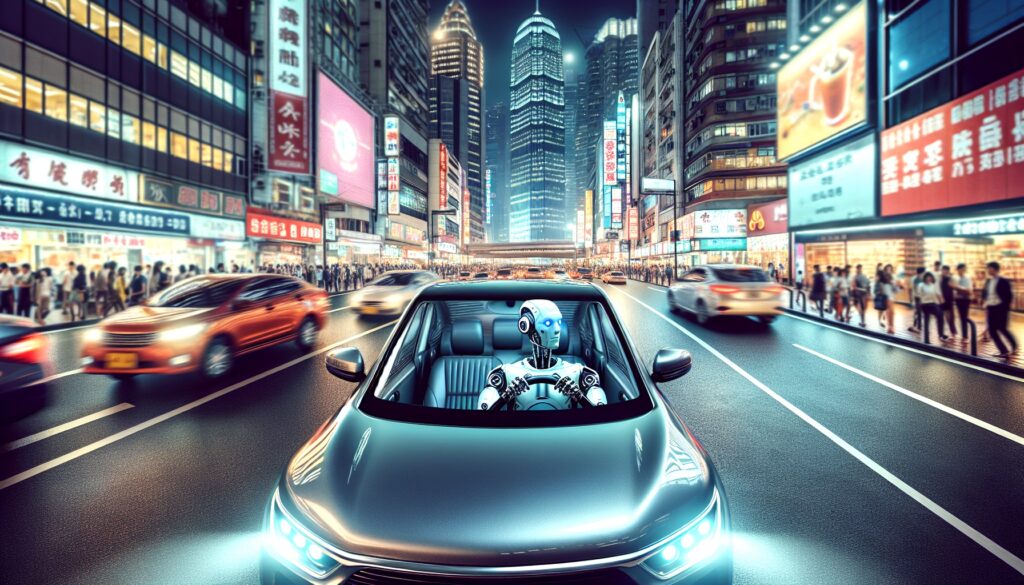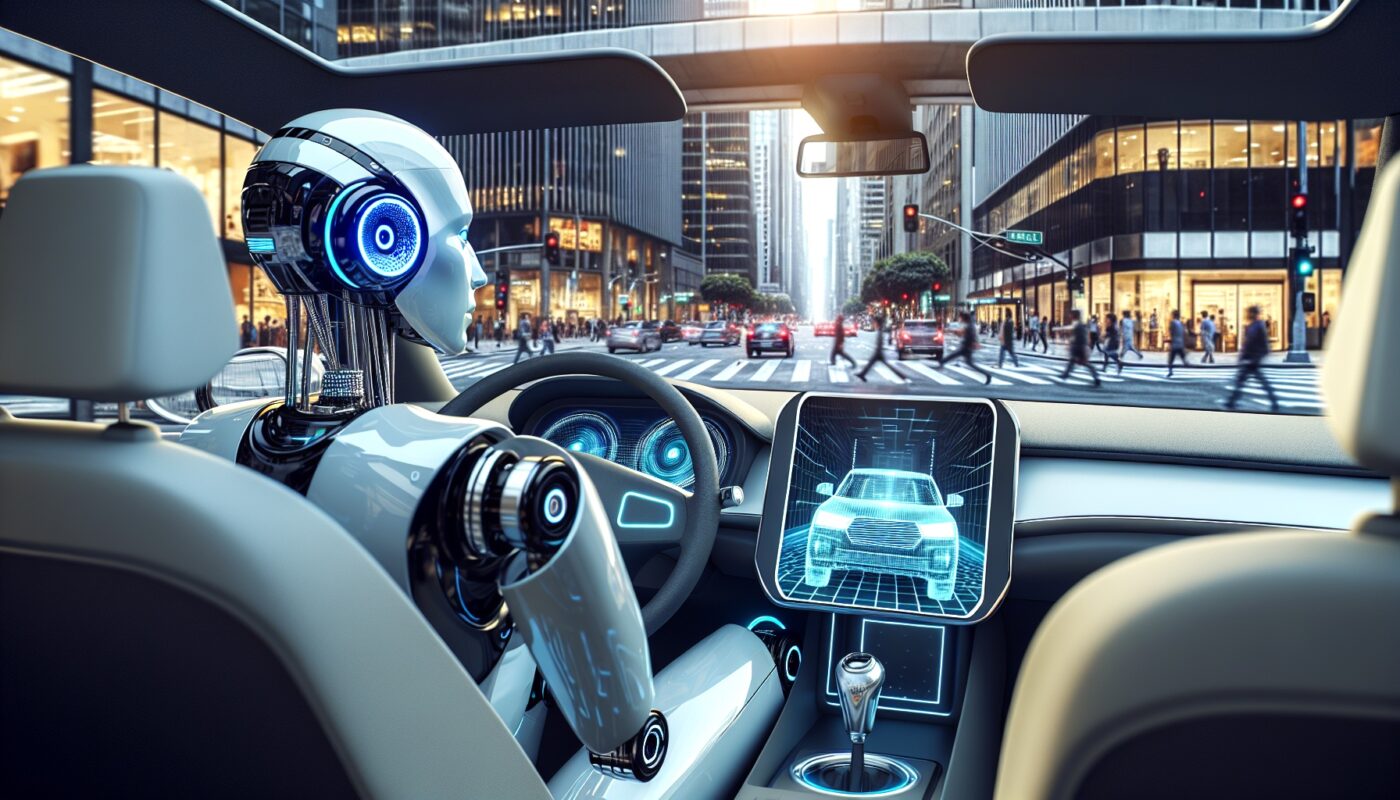In a world where technology is evolving at lightning speed, autonomous cars represent a major advance in the automotive field. These vehicles, which no longer need to be piloted by a human being, promise to transform the way we get around and interact with our environment. This revolution could have a major impact on society, the economy and the environment.
The emergence of the autonomous car: definition and operation
An autonomous car, also known as a driverless vehicle, is a vehicle capable of moving intelligently on the road without any human intervention. To achieve this, these machines combine different technologies such as sensors, cameras, navigation software and communication systems to monitor road traffic and make the right decisions in real time.
Sensors and cameras
Autonomous cars are equipped with numerous sensors capable of detecting their environment. These include cameras, radar, lidar (laser remote sensing) and ultrasound. These devices enable the vehicle to pinpoint its position relative to other road users and obstacles. This ensures safe, efficient driving.
Artificial intelligence and navigation
The real brain of the autonomous car is its artificial intelligence system. It processes the data collected by sensors and cameras to make real-time decisions on the route to take, the maneuvers to perform and the speed to adopt. Several algorithms are used to optimize these choices and guarantee passenger comfort and safety.
The potential benefits of autonomous cars
The autonomous car offers a number of advantages that could transform our relationship with mobility and have positive spin-offs in various fields.
- Road safety: as human error is responsible for a large proportion of road accidents, the widespread use of autonomous cars could considerably reduce their number. The intelligent systems in these vehicles are less likely to make mistakes and cause incidents.
- Traffic fluidity: thanks to their ability to analyze traffic information in real time, autonomous cars can optimally organize their journeys and avoid traffic jams. This could contribute to a better quality of life in the city and reduce the economic impact of traffic jams.
- Reducing the ecological footprint: routes optimized by autonomous cars can reduce fuel consumption and therefore greenhouse gas emissions. Electric vehicles, another promising development in the automotive field, could benefit from this improvement and contribute to the energy transition.
- Accessibility: these new vehicles will offer transport solutions for people with driving difficulties (disabled, elderly, etc.), enabling them to gain greater independence and improve their quality of life.
Challenges for the adoption of autonomous cars
Despite their many potential advantages, autonomous cars also raise a number of questions and problems that need to be answered before they become widespread.
Legal aspects
The introduction of autonomous cars on our roads means that existing legal frameworks need to be adapted. In the event of an accident involving a driverless vehicle, for example, the question of liability needs to be clarified. Likewise, regulations will have to define the technical conditions required for these cars to be able to circulate in complete safety.
Cybersecurity
Autonomous cars’ dependence on digital technologies can make them vulnerable to cyberattacks. It is therefore essential to guarantee a high level of IT security to prevent hacking attempts and protect users’ personal data.
Social acceptance
Finally, the adoption of autonomous cars will also depend on the public’s trust in them. It’s important to convince future users of the reliability and safety of these vehicles, so that they can take an interest in them and feel positive about this transformation in modes of transport.

The major players in the development of autonomous cars
Faced with the challenges posed by this revolution in mobility, many companies are entering the autonomous car race. These include carmakers such as Tesla, General Motors and Volkswagen, as well as technology giants like Google (with its Waymo subsidiary) and Apple. They all want to be the first to offer a reliable, high-performance solution for the autonomous car market.
Partnerships between manufacturers and startups
To develop these new technologies, several traditional players are forging partnerships with specialist startups and investing heavily in research and development. The aim of this collaboration is to pool skills and accelerate the development of innovative solutions to rapidly turn the vision of the autonomous car into reality.
Experiments in real-life conditions
Several countries have authorized the testing of autonomous cars on their roads, enabling the various players in the sector to acquire valuable data to refine their models and technologies. These experiments also enable us to assess the performance of these vehicles in real-life conditions, and identify where improvements are needed.
The autonomous car represents a major challenge for the future of mobility, with potentially far-reaching implications for various aspects of our society. Developing this technology, however, requires overcoming a number of major legal, technical and social challenges. The various players in the sector, both traditional and from the world of tech, are today mobilized to turn this vision into reality and offer high-performance solutions tailored to users’ needs.





